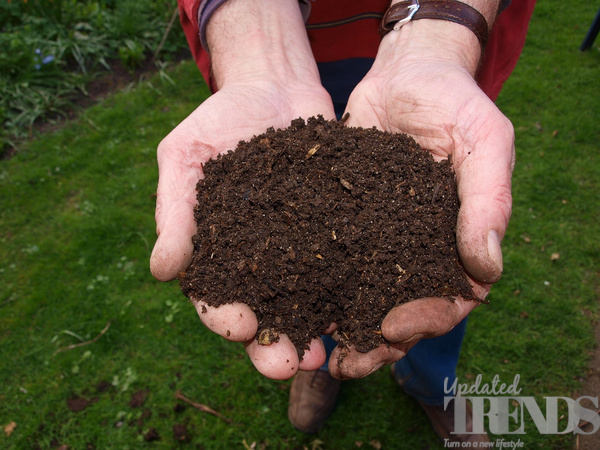A number of people have the habit of recycling bio-waste that comes out of the kitchen on an everyday basis. The waste that including food scraps and yard waste can be made in to a free fertilizer for plants. It is one of the best things that can be done with the waste and also helps the environment. But not many are aware that not everything that comes out of the kitchen and backyard can be composted. Here is a list of things that you should not be tossing in to the compost pit.
1. Weeds – You might be tempted to dump the weeds and the unwanted plants that pop up at the backyard and flower pots. But placing them in to the compost might pop it again. These are invasive plants and it is better to leave them out especially the ones that have already begun to flower.
2. Black walnut – All the parts of the black walnut tree that includes the husk, bark, roots, branches and leaves contain an organic compound known as jugalone. It acts as a poison and can interfere with the growth of the nearby plants by affecting its photosynthesis and metabolic enzymes.
3. Diseased plants –black spots, rust, verticillium wilt, mosaic virus and some of the other plant pathogens have the ability to survive the composting process. If diseased plants are added to the compost, it would require high temperatures that would destroy the fungi, virus and the parasites completely. But still the pathogens would not be eliminated completely.
4. Glossy paper products – Often such glossy paper can be found in the magazines, food packaging, junk mail or catalogues. These have glossy surfaces that can be plastic and should not be included in the compost.
5. Cooking oils – Waste oils that are eliminated from the kitchen potentially attract rodents to a compost pile that has not been covered. Such interference can interfere with the composting process.
Photo Credits: Pixabay











